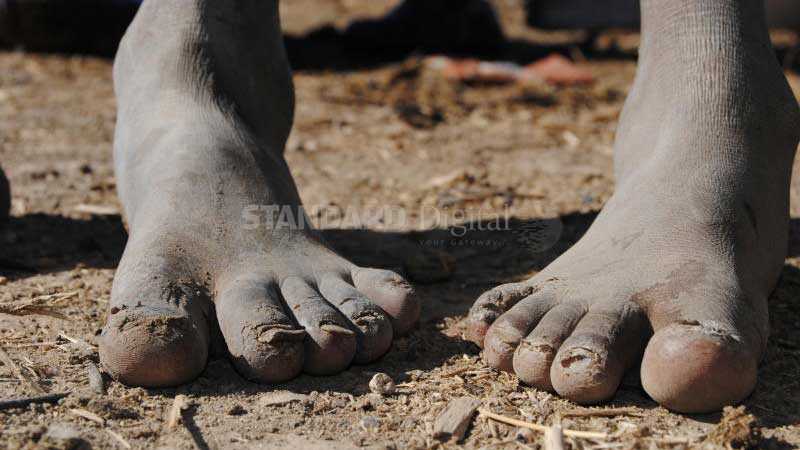×
The Standard e-Paper
Home To Bold Columnists

As the country marks the Jigger Awareness Day today, whose theme this year is, ‘Social Economic Empowerment for Jigger Elimination in Kenya', the menace continues to afflict four per cent of the population.
According to the Ministry of Health guidelines on prevention and control of jiggers, an estimated 1.4 million Kenyans suffer from jigger infestation, with the highest prevalence rates found in Central, Nyanza, Western, Coast and Rift Valley.